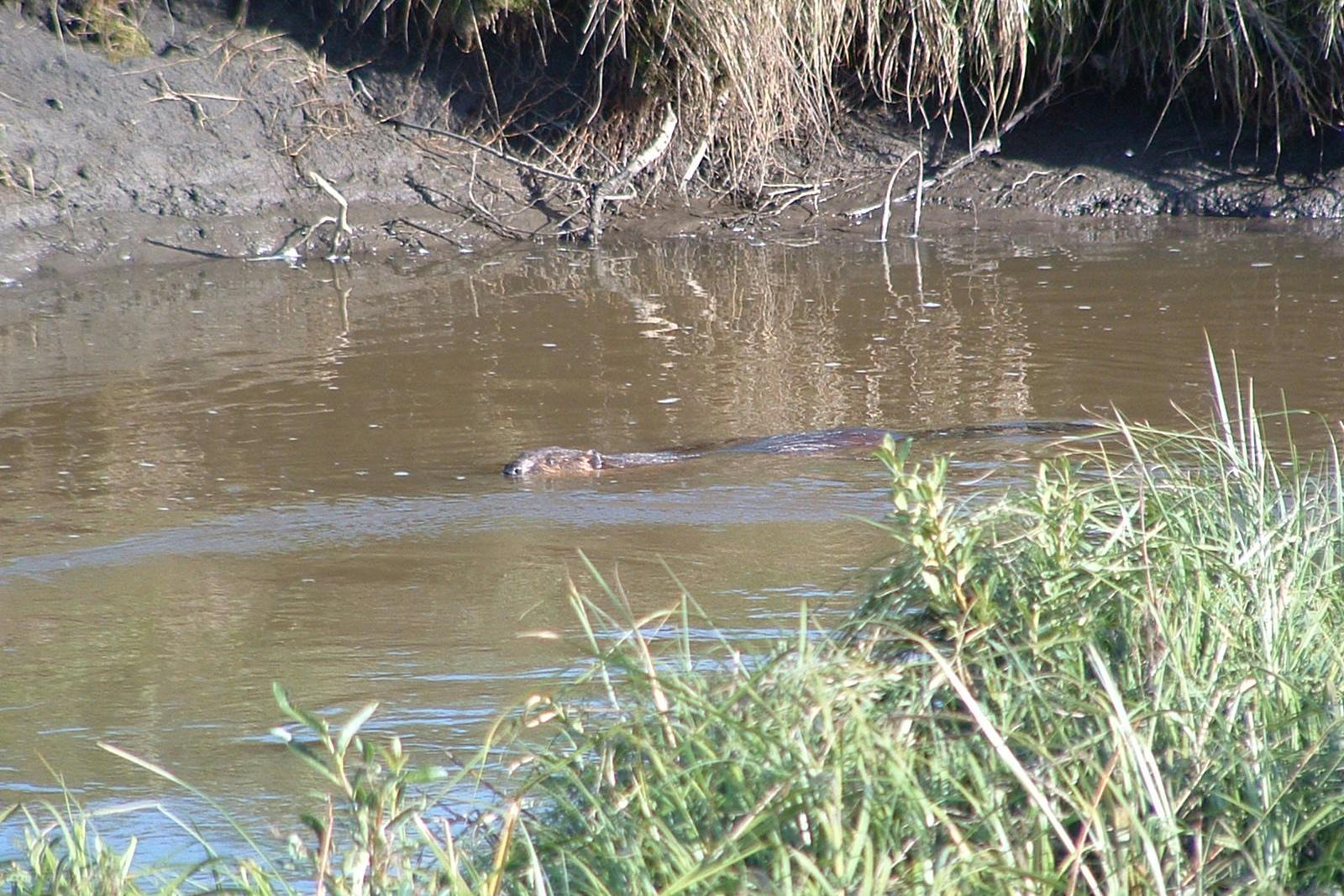
Our Impact
Alberta Ecotrust has been leading environmental and climate solutions in Alberta since 1991. We have invested millions of dollars in nearly a thousand projects and organizations, collectively protecting and restoring natural ecosystems, reducing emissions and building community resilience.
Grants
Projects funded through our grants have multiple environmental, economic and societal benefits.
*Emissions reduction numbers are potential emissions reductions unlocked at scale over a 20-year period across the addressable market.
- $19.5Min funding allocated through our grants
- 907projects funded through our grant programs
- 5.4M tCO2e*of potential emissions reductions unlocked by projects supported by our grants

Springboard Grantee: TREC Charitable Foundation
Impact Investments
Our investments deliver direct urban emissions reductions, prioritizing Calgary and Edmonton while offering scalable impact across the broader economy.
*Emissions reduction numbers are potential emissions reductions unlocked at scale over a 20-year period across the addressable market
- $4.4Mcommitted to projects, enterprises and funds
- 8impact investments in our portfolio
- 1M tCO2e*in potential emissions reductions unlocked by our 2024-25 investments


Annual Reports
See our impacts and highlights of our work over the years in our annual reports and financial statements.

Our supported projects
Since our grant programs started, we’ve had the chance to fund over 907 amazing organizations and non-profits, giving more than $19.5 million to support their work on climate and environmental solutions in Alberta.
Our three grant streams cover everything from large urban emissions reduction projects to smaller efforts that build organizational capacity.
We’re proud to share the many inspiring stories of the work these groups have done and to have been part of their journey.
Below are some of our grantee projects from 2025.
Funded projects in 2025
Accelerating school bus electrification: Breaking down grid infrastructure barriers
Pollution Probe | 2025 Climate Innovation Grantee
Pollution Probe will conduct a technical analysis to estimate the grid infrastructure requirements for school bus electrification in Calgary, collaborating with the local utility, school boards and fleet operators. This initiative will estimate anticipated grid loads, enabling approximate estimates of necessary grid upgrades. Findings will be compiled in a detailed report that aims to facilitate informed decision-making and advocate for policy improvements, break down financial barriers and accelerate the transition to cleaner, healthier electric school transportation.
Read about this workBuilding capacity for wetland stewardship partnerships
Ducks Unlimited | 2025 Springboard Grantee.
Ducks Unlimited Canada (DUC) conserves and restores wetlands across the country. Working in every province and territory, they combine scientific research, on-the-ground conservation, hands-on education and strategic partnerships to preserve Canada's invaluable and endangered ecosystems.
DUC has been active in Alberta's boreal region since the late 1990s. This landscape of forests, rivers, and wetlands plays a crucial role in storing carbon, filtering water and supporting biodiversity. To conserve it, conservationists need up-to-date knowledge and strong local relationships. This project will give DUC staff more opportunities to learn and connect with others who are leading wetland research and conservation.Learn more about Ducks UnlimitedBeavers on the move in the Waterton Biosphere Region
Riparian Management Society | 2025 Environmental Impact Grantee.
Working with the Waterton Biosphere Reserve Association in this pilot project, three organizations will address the regulatory, practical and human situations necessary to successfully relocate beavers, for the beaver and human community. They will work with local landowners in the Pincher Creek region, identifying interested recipients and neighbourhoods with suitable habitat, and then use best practices, identified from a review of other jurisdictions, to relocate beavers. By sharing lessons on best practices and offering recommendations to practitioners and government policymakers, they will have large-scale climate and ecosystem benefits.
Learn more about this project


